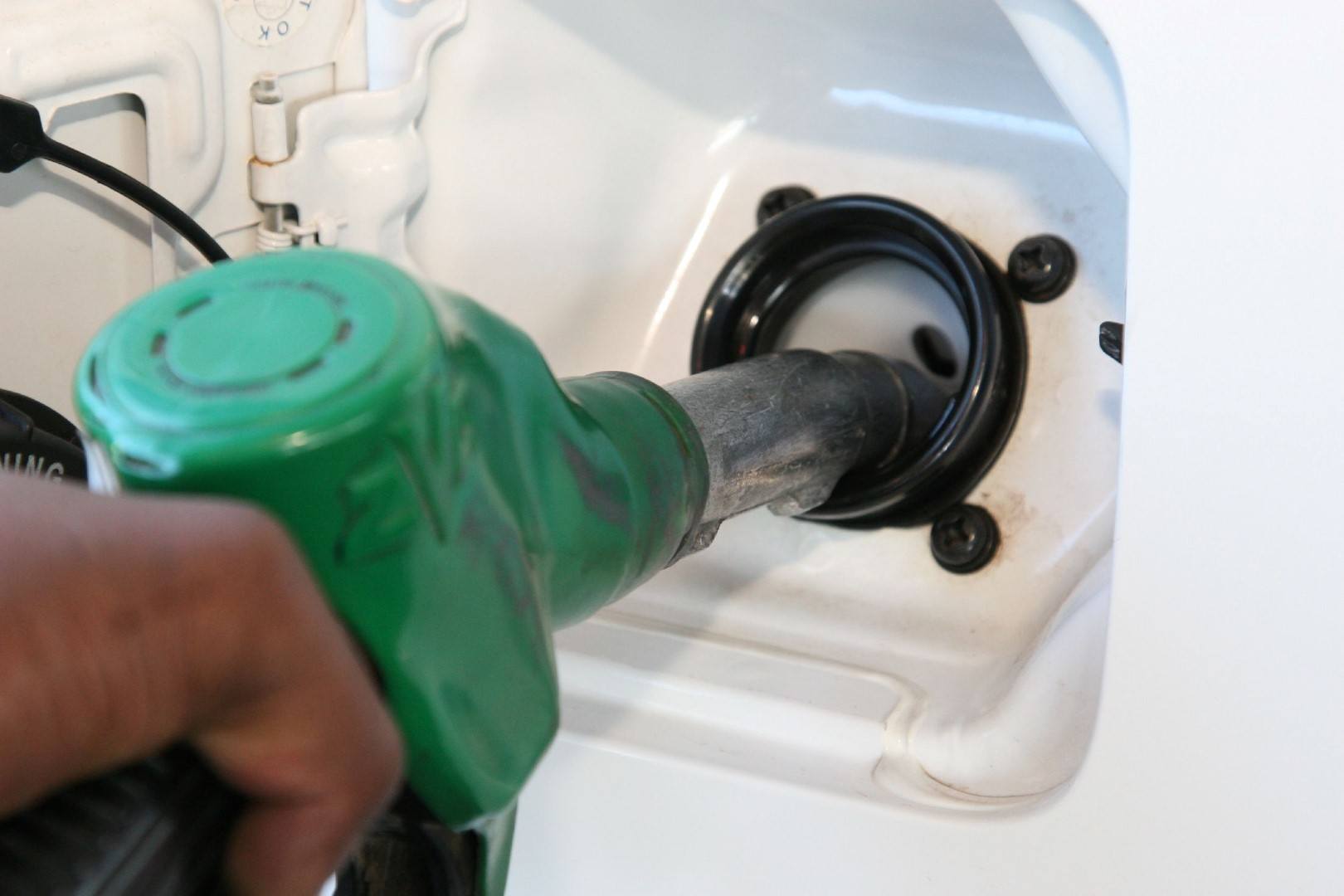Consumers face further fuel price hikes

Fuel price increases will be implemented with effect from Wednesday, April 6.
Minister of Mineral Resources and Energy Gwede Mantashe says the adjustments continue to be influenced by several local and global factors. Prices will be adjusted as follows:
Petrol (both 93 unleaded petrol and leaded replacement petrol): will rise by 28 cents per litre (c/l)
Petrol (both 95 ULP and LRP): up 36c/l
Diesel (0.05% sulphur): up 152.56 c/l
Diesel (0.005% sulphur): up 168.56 c/l
Illuminating paraffin (wholesale): up 266 c/l
Single maximum national retail price for LP gas: up 355 c/l increase
Maximum LPGas Retail Price: up 250 c/l
The Department of Mineral Resources and Energy noted in a statement that sanctions imposed on Russia are disrupting energy flows, as Russia is one of the biggest global exporters of oil. This has led to a spike in crude oil prices.
International petroleum product prices for the period under review [over the last month] followed the same trend and led to higher contributions to the basic fuel price of petrol, diesel and illuminating paraffin.
“With respect to diesel, apart from increasing crude oil prices, there is also a shortage of diesel supply which is due to lower exports from Russia as a major exporter of distillate fuel at discounted prices. That is why the rate of price increase in diesel is higher than that of petrol,” it said.
The rand/dollar exchange rate has led to lower contributions to the basic prices of petrol, diesel and illuminating paraffin by 17.92 c/l, 19.68 c/l and 19.14 cents per litre, respectively.
However, motorists can look forward to a temporary reduction in the general fuel levy of R1.50 for the next two months from April 6 until May 31. The total fuel levy will now amount to 244 c/l for petrol and 230 c/l for diesel.
“This intervention will bring much needed relief to motorists because it will cushion the high fuel price increases that were anticipated this month which were as a result of the global factors,” the energy department added.
“The increases in both petrol and diesel would have been close to R2 per litre and over R3 per litre respectively if there was no intervention.”

